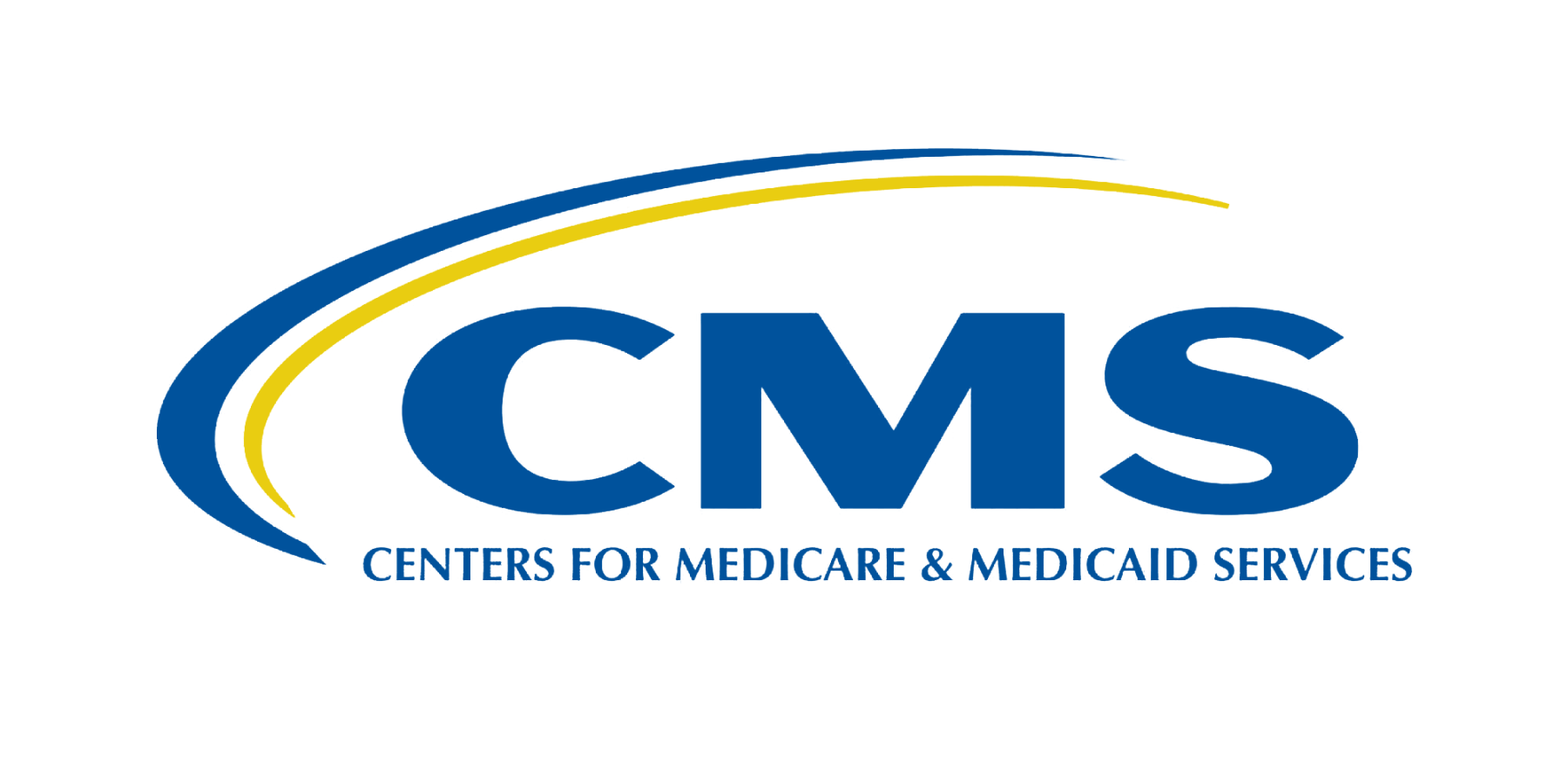DEPARTMENT OF HEALTH AND HUMAN SERVICES Centers for Medicare & Medicaid Services
7500 Security Boulevard, Mail Stop S2-26-12
Baltimore, MD 21244-1850
CMCS Informational Bulletin
DATE: FROM:
SUBJECT:
May 9, 2017
Brian Neale, Director
Extension of Transition Period for Compliance with Home and Community- Based Settings Criteria
Health and Human Services Secretary Thomas E. Price, M.D. and Centers for Medicare & Medicaid Services (CMS) Administrator Seema Verma, MPH, issued a letter to the nation’s Governors on March 14, 2017, affirming the continued HHS and CMS commitment to partnership with states in the administration of the Medicaid program and noting key areas where we will improve collaboration with states and move towards more effective program management. One of the areas of the increased flexibility CMS intends to extend to states is in the provision of home and community-based services (HCBS), and this information will provide additional clarity on immediate steps taken to act on that commitment.
Promoting community integration for older adults and people with disabilities remains a high priority for CMS. We acknowledge the important work underway at the state level in implementing the regulation that finalized criteria for home and community-based settings appropriate for the provision of HCBS. State partners, stakeholders representing beneficiaries and their families, providers, and other community organizations have been collaborating with us, and with each other, to develop transition plans that would make the reforms described in the regulation a reality for over a million Medicaid beneficiaries receiving HCBS.
Language in the preamble to the final HCBS regulations governing services provided under sections 1915(c), 1915(i) and 1915(k) of the Social Security Act, in a response to comments submitted on the regulations proposing the settings criteria, recognized that compliance with the new regulations would be a complex process requiring a balancing of interests. As a result, CMS indicated that states were permitted to propose transition plans (i.e., Statewide Transition Plans) encompassing up to five years after the effective date of the regulations for settings reflected in existing state plans and waivers to come into compliance with the regulation.
In recognition of the significance of the reform efforts underway, CMS intends to continue to work with states on their transition plans for settings that were operating before March 17, 2014 to enable states to achieve compliance with the settings criteria beyond 2019. Consistent with the preamble language, states should continue progress in assessing existing operations and identifying milestones for compliance that result in final Statewide Transition Plan approval by March 17, 2019.
However, in light of the difficult and complex nature of this task, we will extend the transition period for states to demonstrate compliance with the home and community-based settings criteria until March 17, 2022 for settings in which a transition period applies.
We anticipate that this additional three years will be helpful to states to ensure compliance activities are collaborative, transparent and timely.
CMS remains committed to providing technical assistance to states and other stakeholders in understanding regulatory provisions and developing implementation approaches that maximize the provision of Medicaid services in a manner compliant with program requirements.
If you have any questions, please contact Mike Nardone, Director, Disabled and Elderly Health Programs Group, at 410-786-7089.



